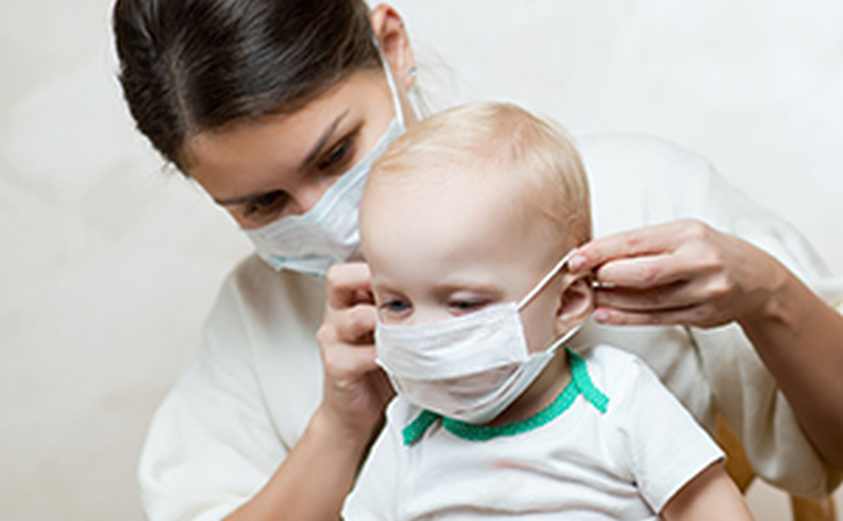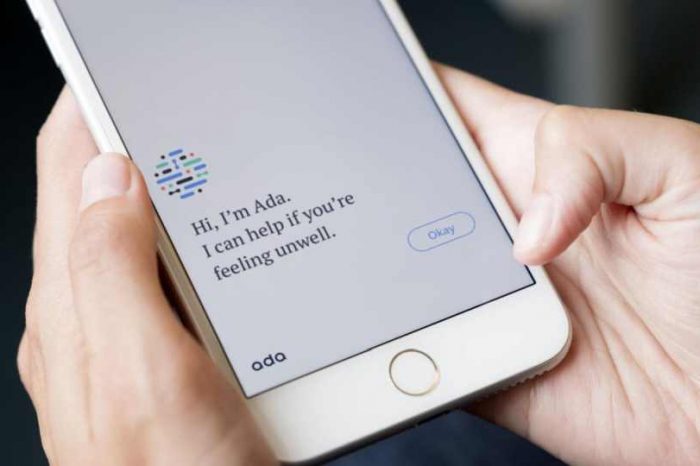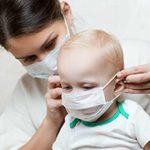Unvaccinated children 2 yrs old and up should be masked, American Academy of Pediatrics says

In updated face mask guidance, the American Academy of Pediatrics (AAP) recommends the continued use of a well-fitting face mask for children and teens who are age 2 years and older and not yet fully vaccinated.
In addition to protecting the child, the use of face masks significantly reduces the spread of severe SARS-CoV-2 and other respiratory infections in schools and other community settings, the AAP notes. Use of face masks at home also may be vital in households that include medically fragile, immunocompromised or at-risk adults and children.
The use of face masks should continue until children or adolescents are fully vaccinated, which is two weeks after the final COVID-19 vaccine dose has been administered.
“The COVID-19 vaccines are remarkably effective, but we must stay vigilant,” said AAP President Lee Savio Beers, MD, FAAP. “Children under age 12 are not yet eligible for the vaccine, so it’s smart to be cautious and careful, especially when they are playing with friends, accompanying their parents to the grocery store, attending school or camp, and in any other situation in which they are around groups of people, some of whom may not be fully vaccinated.”
Other recommendations from the updated guidance:
- Pediatricians are encouraged to discuss infection control practices with their patients and families.
- Wearing a face mask protects others as well as the wearer, especially if they are not vaccinated and/or are around others who are not vaccinated. CDC guidance now states that face masks and physical distancing are no longer needed for persons who are fully vaccinated unless it is required by federal, state, local, tribal, or territorial laws, rules, and regulations, including local businesses and workplace guidance.
- Schools, child care programs, and camps are encouraged to continue to support the use of face masks for children and staff until the vaccine is available for younger age groups and vaccinations within the pediatric population are high enough to prevent transmission of SARS-CoV-2.
- Face mask use should be continued for those who are unvaccinated and playing indoor sports (except for sports in which the mask may become a hazard) and outdoors sports that have close contact (see AAP interim guidance on Return to Sports and Physical Activity).
- Face masks should be worn any time people are traveling on a plane, bus, train, or other form of public transportation traveling into, within, or out of the United States and in airports, train stations and at bus stops.
- A face mask is not a substitute for physical distancing. For those who are unvaccinated, face masks should still be worn in addition to physical distancing indoors around people who do not live in the household. Face masks should be used outdoors for those who are unvaccinated if in large group settings and/or when physical distancing recommendations cannot be maintained.
The American Academy of Pediatrics is an organization of 67,000 primary care pediatricians, pediatric medical subspecialists and pediatric surgical specialists dedicated to the health, safety and well-being of infants, children, adolescents and young adults. For more information, visit www.aap.org.




